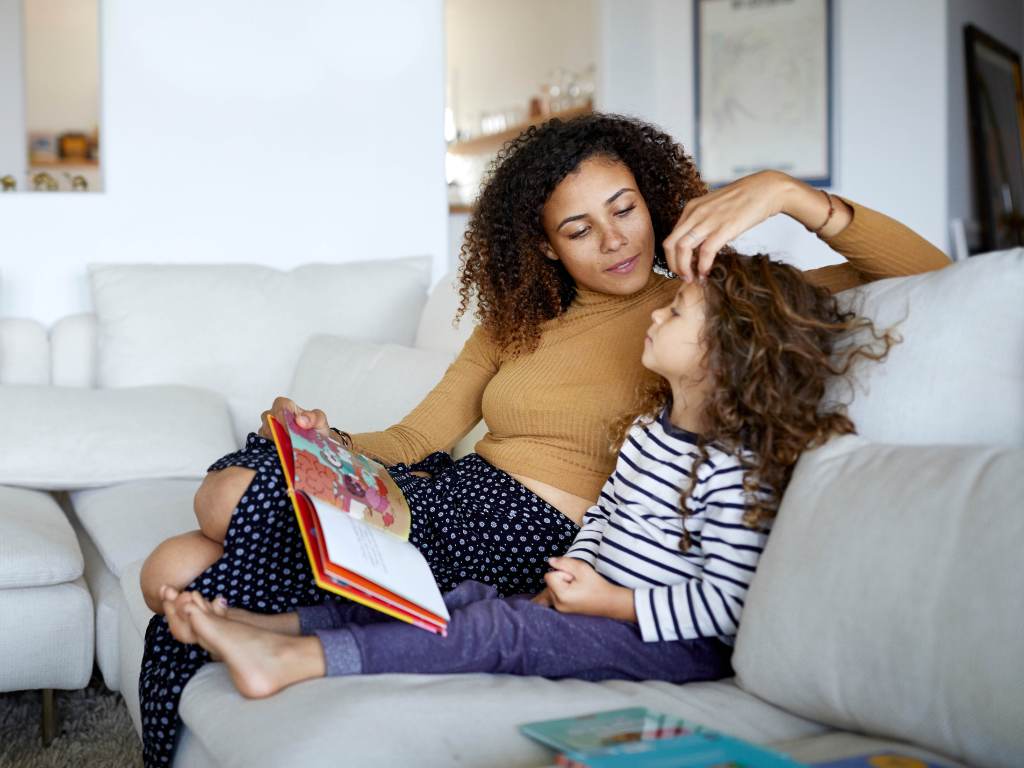New Year, fresh start in the co-parenting journey? Managing schedules, aligning on decisions, and maintaining open communication while raising your child with your former partner can often feel like a balancing act, occasionally resulting in mishaps.
One significant challenge in co-parenting stems from the emotional baggage following a separation – encompassing unresolved tensions, lingering sentiments, and the struggle to redefine individual roles. Additionally, clashes in parenting styles and the introduction of new family members with titles like “step” further complicate matters. However, acknowledging these hurdles is crucial in transforming the co-parenting experience into a path of personal growth and cooperation.
Is it feasible for divorced individuals to harmoniously co-parent? While it may seem daunting, rest assured, dear co-parents, that this journey does not have to be a nightmare; it is achievable.
Prioritize Clear Communication: Effective communication serves as the foundation of a healthy relationship and is equally pivotal in collaborative parenting. Establish transparent channels for sharing essential information concerning your children’s well-being, education, and activities. Maintain a neutral and respectful demeanor in all forms of communication, focusing on the subject matter at hand.
Develop a Co-Parenting Strategy: Crafting a detailed co-parenting plan delineating custody arrangements, visitation schedules, and decision-making protocols is essential. A well-defined roadmap minimizes misunderstandings, offering a structured framework for co-parenting. Strive for consistency in rules and expectations across both households to provide stability for the children, reduce confusion, and smoothen transitions between homes. This approach ensures that children comprehend the expectations and consequences on both ends, fostering a sense of fairness and stability in their lives.
Listen to Your Child: Amidst the complexities post-divorce, creating a space where children feel heard and valued is paramount. Actively listening to their aspirations, concerns, and preferences not only strengthens the parent-child bond but also empowers them to express themselves freely. Whether understanding their desires regarding custody arrangements, acknowledging their sentiments about transitioning between homes, or being attentive to their evolving interests, tuning in to your children’s voices nurtures trust and security. It serves as a reminder that within the collaborative co-parenting endeavor, meaningful dialogues often occur not only between adults but within the precious conversations shared with children.
Setting Boundaries – Avoid Unnecessary Drama: Establishing boundaries post-divorce is crucial to prevent unnecessary chaos. While you may have shared everything, including a toothpaste tube, during the marriage, it is imperative to refrain from oversharing now. Maintain focus on your child’s well-being and avoid delving into personal matters or revisiting past conflicts.
Embrace Flexibility and Adaptability: Life’s unpredictability underscores the importance of flexibility. Remain open to adjusting schedules as needed and accommodating changes arising from work commitments, emergencies, or unforeseen circumstances. A flexible mindset contributes to a more cooperative co-parenting dynamic.
Personalize Your Approach: It is common for emotions to run high, especially when interacting with a former romantic partner. However, recognizing that the other person’s actions and words often stem from their struggles, not as personal attacks, can be liberating. Choosing to interpret disagreements or missteps as reflections of shared goals – the children’s happiness and growth – rather than personal affronts allows for graceful navigation of challenges.
Celebrate Milestones Together: Despite the changes, find moments to celebrate significant milestones and events collectively. Demonstrating a united front during birthdays, graduations, or holidays reinforces the active involvement of both parents in their children’s lives.
Co-Parenting with an Uncooperative Ex
Navigating co-parenting with an uncooperative former partner may present additional challenges. Here are strategies to address this situation:
- Maintain clear and respectful communication, focusing on essential child-related matters.
- Consider involving a mediator to facilitate conversations and find common ground.
- Consult with a family law attorney if cooperation issues persist, to understand legal options for enforcement.
- Prioritize composure and the well-being of the children, seeking mental health support if needed for both parents and children.
Remember, co-parenting is a long-term commitment aimed at providing stability and support for your children. Despite the difficulties, a positive and consistent parenting approach can yield significant benefits over time. Embrace the role of co-parents as directors of your children’s lives, ensuring a harmonious and nurturing environment for their growth. The show must go on – break the cycle of post-divorce drama. Happy co-parenting!
Welcome to Family Reset, a monthly column offering guidance and support to parents navigating the challenges of raising children. Behind this insightful read is Zuania Capó, a New York licensed psychotherapist dedicated to empowering families to thrive. Connect with Zuania at [email protected] to join a vibrant community of parents seeking inspiration and solidarity in the parenting journey.

